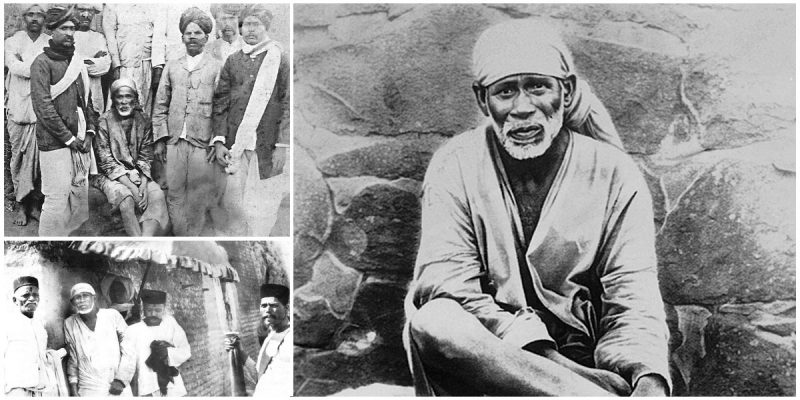The Indian spiritual leader, Sai Baba of Shirdi, who is also known as Shirdi Sai Baba, is one of the most respected people by both Hindu and Muslims and is regarded by his devotees as a saint and God’ incarnation. He was loved by many because of his philosophy about the importance of realization of the self.
Shirdi was the real example of how one person should act in life and make everything with love. He preached about the human values such as love, nonviolence, peace, truth, and proper behavior as the most important characteristics of human life.
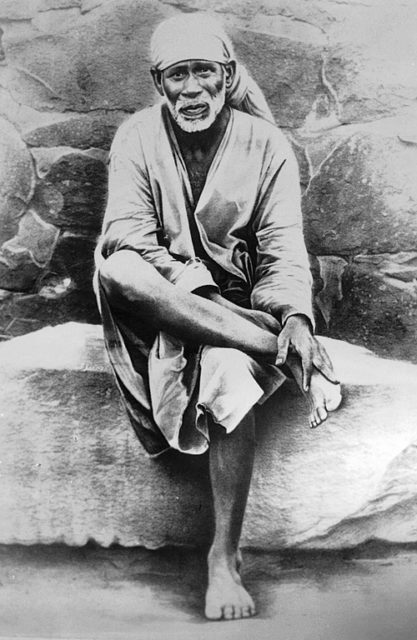
It was not clear if Sai was Muslim or Hindu but that was not reviewed further after his philosophy that every religion in the world has to be accepted. He believed that all people are one and every person has to cherish their religious traditions but never to turn their back to others. His teachings combined elements of the two religions mentioned above and practiced rituals from their traditions.
Sai Baba was born in Parthi, Maharashtra and some people believe that he was born in 1835, on September 28th. His real name remains unknown, for he was given the name Sai when he arrived at Shirdi which is a Muslim word for “holy man” or “God,” and the word “baba” means father in Hindu. Many of his followers became spirituals leaders, and he always called them ‘my brothers.’
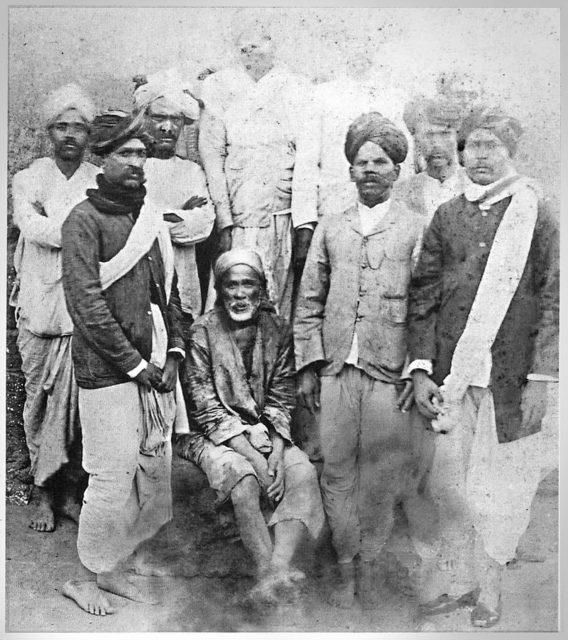
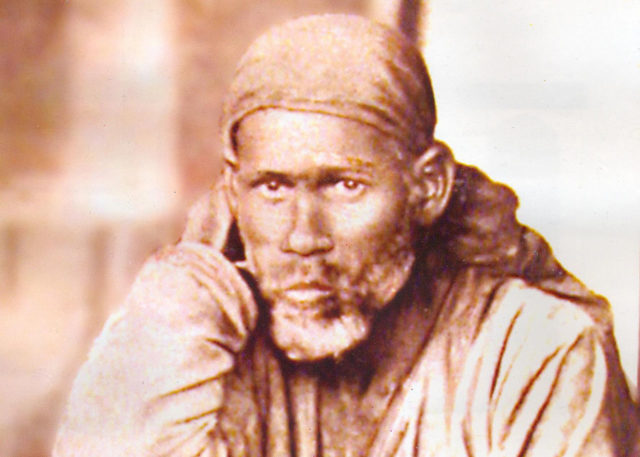
Sai arrived in Shirdi when he was 16 years old where he led an ascetic life, always sitting in an Asana, in contemplation under a Neem tree. There are some indications that at one point, he worked as a weaver and was in the army of Rani Lakshmibai in 1857 during the Indian Rebellion. When he arrived in Shirdi, he stayed there for three years, then for one year, he was gone until he came back in 1858 and stayed permanently.
After his returning, Sai lived under the same tree for almost five years, and he always wandered in the jungle of Shirdi for long periods. His followers convinced him to live in an old mosque which he called Dwarakamayi and where he lived a solitary life. There, he maintained a sacred fire from which he gave sacred ashes to people in need. These ashes were called “Udi” or “Vibhuti” and, presumably, had incredible healing powers.
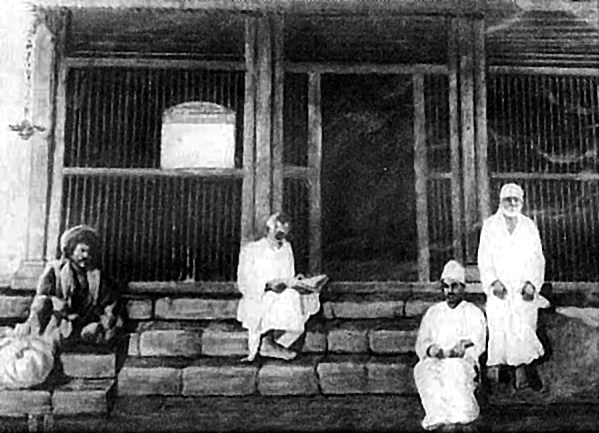
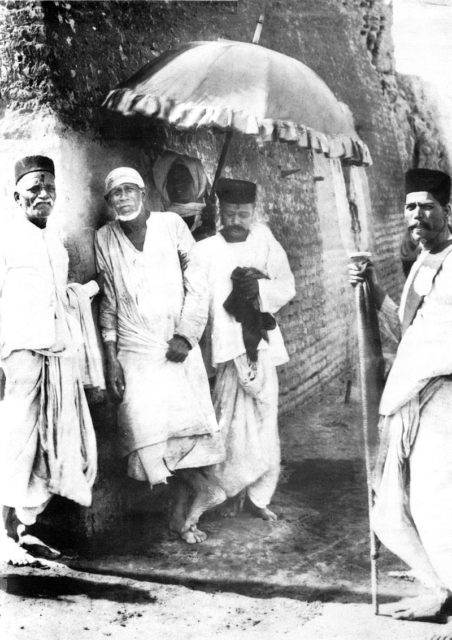
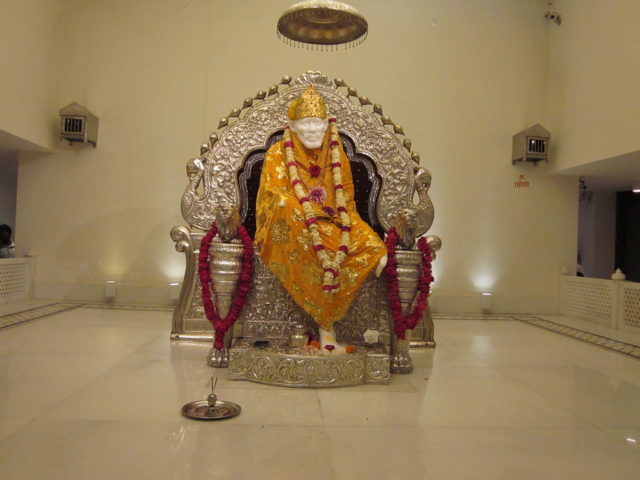
He always recommended the Ramayana, Bhagavad Gita, and the Qur’an to his visitors. After his special performance of healing with the ashes, many people started to see him as a saint or even as an avatar, and they built his first temple at Bhivpuri, Karjat. Sai’s disciples claim that he performed many miracles such as exorcisms, materializations ( the ashes are one of them because people saw him how he would just materialize them in his hand out of nothing), mindreading, and curing the incurably sick.
From the 19th century, his philosophy became a movement and spread all across India. For many years, it has been believed that the reincarnation of Shirdi Sai Baba was the Indian guru, Satya Sai Baba who lived in his temple made by his devotees and passed away on 24th April 2011. Satya Sai Baba claimed that there would be another reincarnation in the years to come and it will be called Prema Sai Baba.
